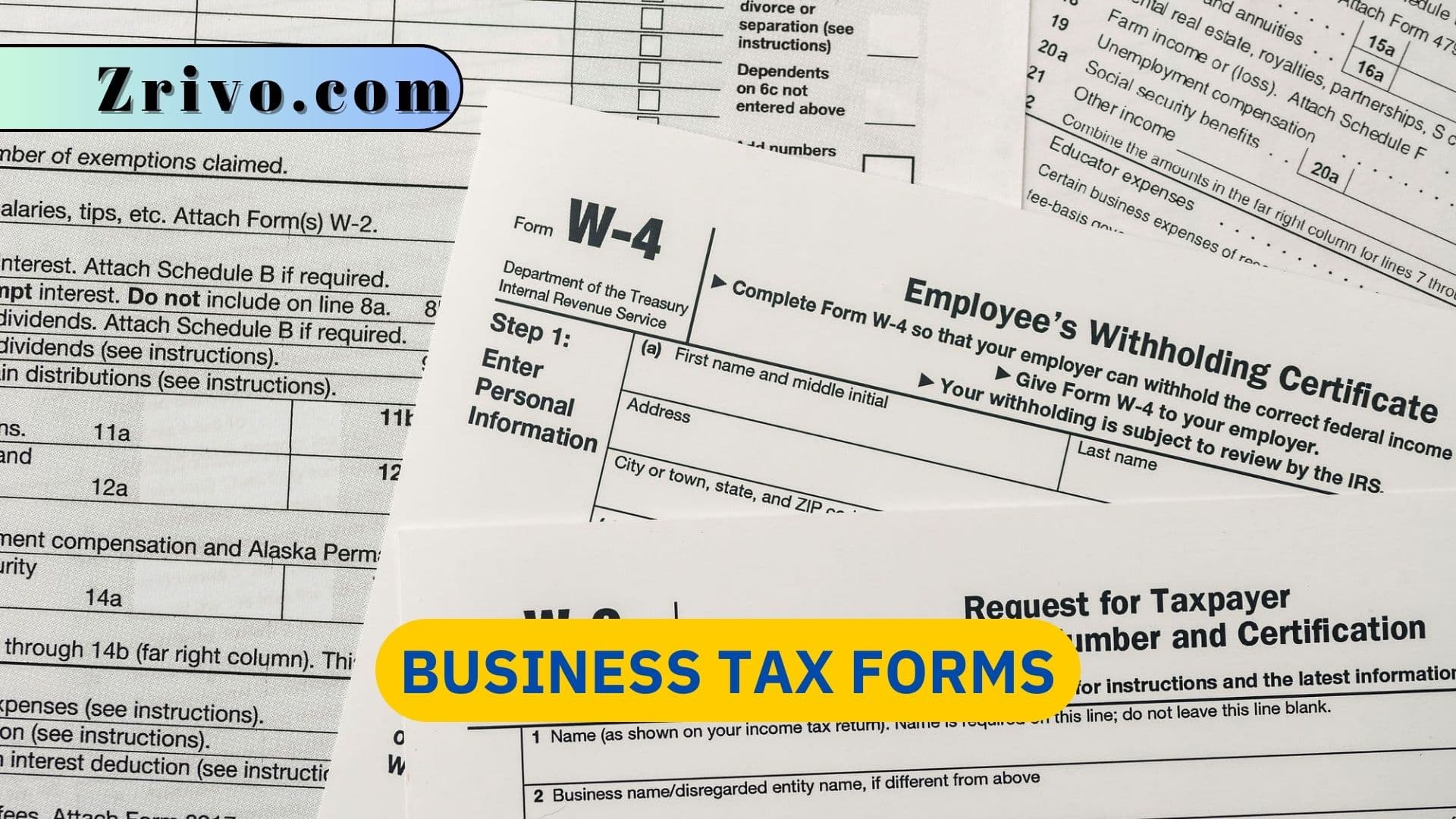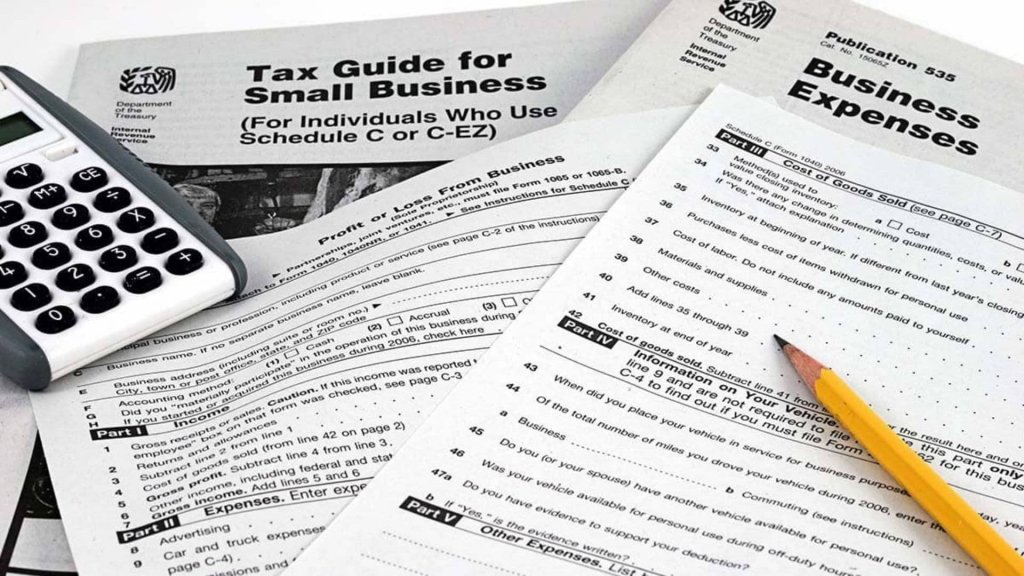
As a business owner, you are responsible for filing a number of tax forms. The requirements vary based on your entity type, industry, and employees. Understanding the different forms you need to file can help you prepare for taxes and prevent costly errors. These errors can include penalties, fines, and other ramifications. In addition, they can impact your bottom line and your company’s credibility. The specific forms you need to file will depend on your business structure and the deductions you claim
These forms are used to pay taxes on your business income, hire employees, and report business expenses. These forms can be complex, especially for new entrepreneurs. Luckily, this guide list of business tax forms will help you get started.

Small Business Forms and Publications
The tax forms you must file will vary depending on your business structure, income type, and deductions you claim. However, there are some common forms that every business should be familiar with. These include Forms W-2, W-3, 1099-MISC, and 720. In addition, you should be aware of any state and local tax requirements that may apply to your business.
- Form 8832, Entity Classification Election, is used by LLCs to make their entity selection election if it’s different from their default classification.
- You must file Form 8822-B to notify the IRS of any changes in your business address.
- In addition, you must file Form 2210 to determine if you owe any underpayment of estimated quarterly tax. You must submit these forms along with your corporation income tax return or partnership/S corporation income tax return.
- Another important tax form for businesses is Form 720, Quarterly Federal Excise Tax Return. This is a tax on various goods, services, and activities. There are over a dozen types of these taxes. Each one has its own specific rules, qualifications, and forms.
- You must complete IRS Form 1040 and Schedule C to run a sole proprietorship. The schedule documents your income and loss from your business and flows into your income tax return. Similarly, if you operate a partnership or LLC, you must file Form 1040 and Schedule SE.
- You’ll also need to complete other forms depending on how your business is structured. For example, if you own an S corporation or regular C corporation, you must file Form 1120. This form reports your company’s income, gains, losses, deductions, and credits.
- Small business owners also need to submit forms related to employee wages and health insurance benefits. If you offer health benefits, you must file Form 1095-B and Form 1095-C. These forms are due for employees who were hired in 2018.
- Another important business tax form is Form 8829: Expenses for Business Use of Your Home. This form is used by sole proprietors, partnerships, and some corporations to claim deductions for home office expenses on their income tax returns.
- Other popular small business tax forms include Form 8396, used to report the sales and use tax for a municipality or other local jurisdiction, and Form 4562, used to depreciate or amortize business property.
- A business must file Form SS-4, Application for Employer Identification Number, or EIN. This is a unique nine-digit number that identifies the business. It’s required by all businesses that have employees and most other business entities, such as trusts, estates of decedents, and some individuals. A business may also need an EIN if it is a pass-through entity or is required to pay excise taxes.
- Some of the most common tax forms filed by small businesses include Form 2553, Election by a Small Business Corporation: This form is used by small business owners to elect to have their company treated as an S corporation instead of a regular C corporation.
- You must file Form W-2: Wage and Tax Statement to hire employees. This form reports the wages and salaries paid to employees and federal income taxes withheld from employee wages. It must be issued by Jan. 31.
- If you offer health insurance to employees, you must file Form 1095-B: Employer Provided Health Insurance Offerings and Coverage.
- If your business sells products or services to non-employees, you must file Form 1099-MISC: Miscellaneous Income. This form is required for anyone who receives $600 or more in gross proceeds from your business.
There are many other forms you need to file as a business owner, from request for extensions to changes of address. You may also need to report excise taxes on certain types of goods and services. If you’re unsure of what forms you need to fill out, consult with a tax professional. They can help you understand your business’s tax obligations and prepare your returns. Whether you’re a new or seasoned business owner, knowing which forms to file can make your life easier. By staying on top of your records throughout the year, you can avoid end-of-year chaos and make the process more efficient.